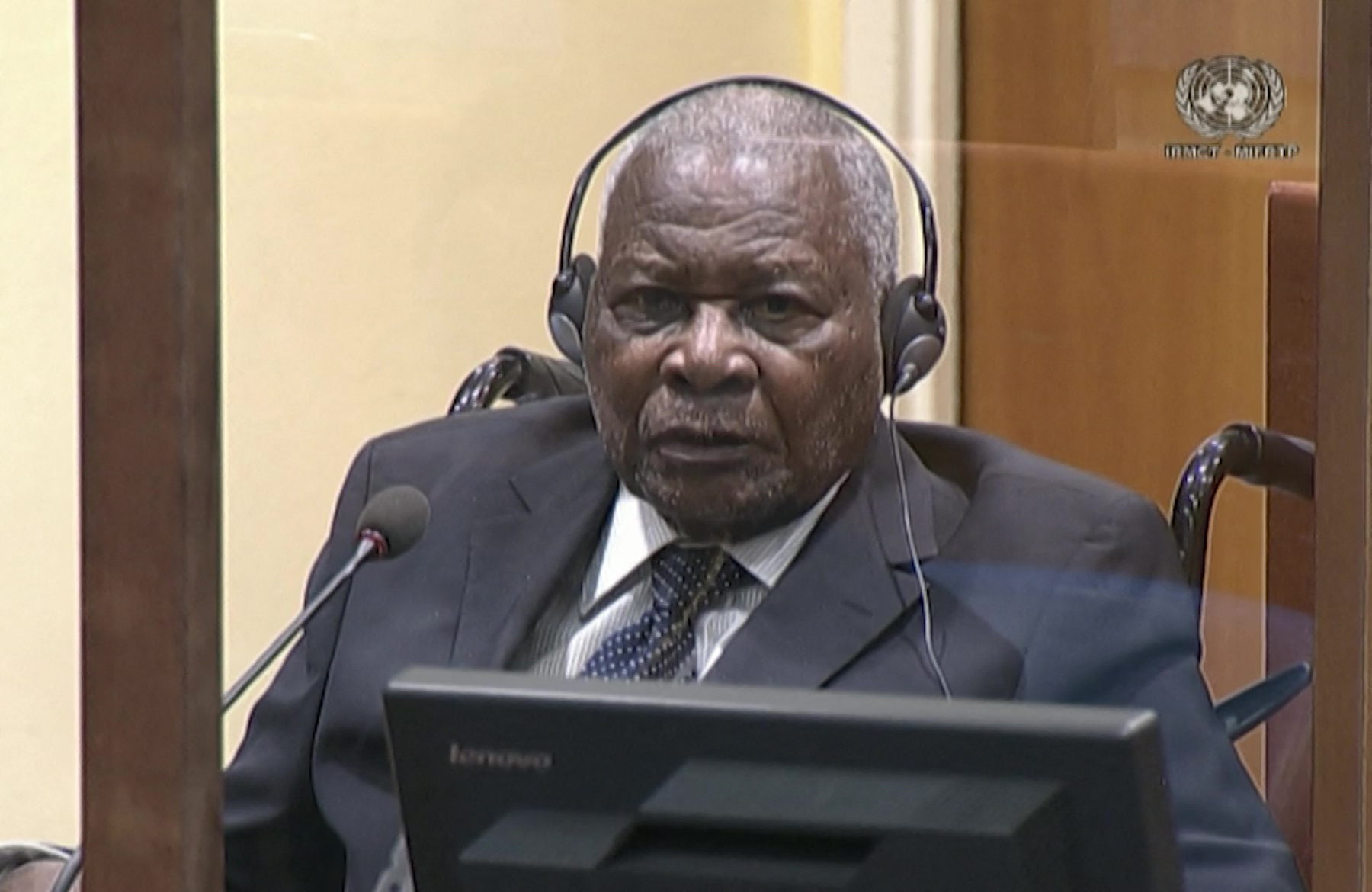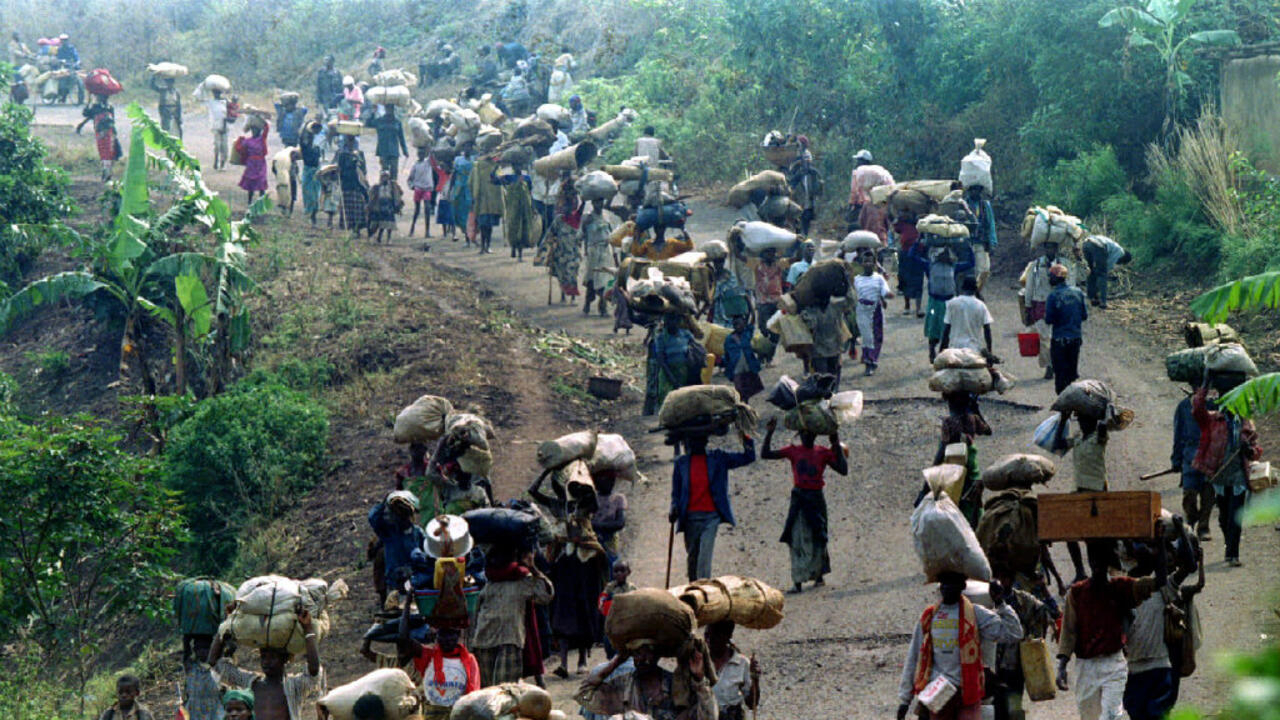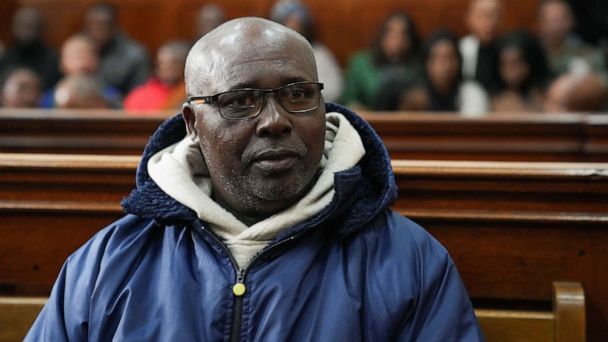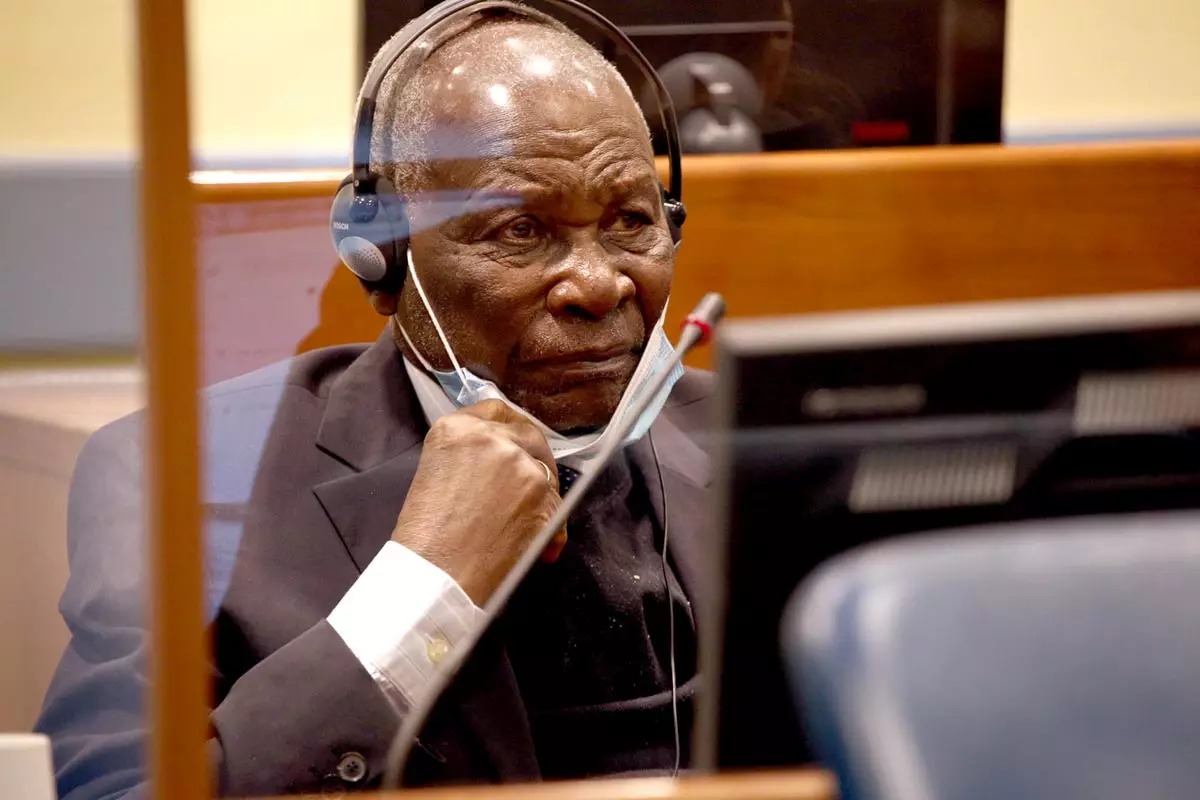A United Nations court has concluded that the elderly Rwandan genocide suspects Felicien Kabuga is incompetent to stand trial, instead recommending an "alternative" legal procedure that would not result in a conviction.
In a late Tuesday judgment, the Hague-based International Residual Mechanism for Criminal Tribunals stated that it "finds... Mr Felicien Kabuga is unfit to participate meaningfully in his trial and is unlikely to be fit to stand trial in the future.

The judges said they wished to look for an alternative finding procedure that closely resembles a trial as possible but without the possibility of conviction.
They said doing so would "ensure respect for his rights" while fulfilling the court's goals.
Did you read this?
Kabuga, 90, went on trial in September, and prosecutors accused him of establishing hate media that encouraged ethnic Hutus to kill rival Tutsis and supplying death squads with machetes.
At the start of his trial, Felicien Kabuga refused to attend court or appear remotely, and he has since observed proceedings by video-link from a wheelchair at the court's detention centre.

Kabuga was apprehended in Paris in 2020 after decades on the run and extradited to The Hague for trial.
He has pled not guilty to charges of participating in an infamous Hutu radical radio station that urged people to kill Tutsi "cockroaches" during the 1994 massacre that killed 800,000 people.
Kabuga, 90, went on trial in September, and prosecutors accused him of establishing hate media that encouraged ethnic Hutus to kill rival Tutsis and supplying death squads with machetes.
At the start of his trial, Kabuga refused to attend court or appear remotely, and he has since observed proceedings by video-link from a wheelchair at the court's detention centre. In March, the court postponed the trial due to health concerns. Kabuga was apprehended in Paris in 2020 after decades on the run and extradited to The Hague for trial.
He has pled not guilty to charges of participating in an infamous Hutu radical radio station that urged people to kill Tutsi "cockroaches" during the 1994 massacre that killed 800,000 people.

Fulgence Kayishema, one of the final fugitives sought in connection with the 1994 Rwanda massacre, appeared in court in Cape Town, South Africa, last month after being apprehended after 22 years on the run.
He is accused of participating in one of the genocide's deadliest moments, where thousands of men, women, and children sought refuge in a church and were massacred.
He denied involvement in the slaughter after being questioned by a local journalist before entering the packed courtroom, wearing a blue jacket, black trousers, and spectacles.









